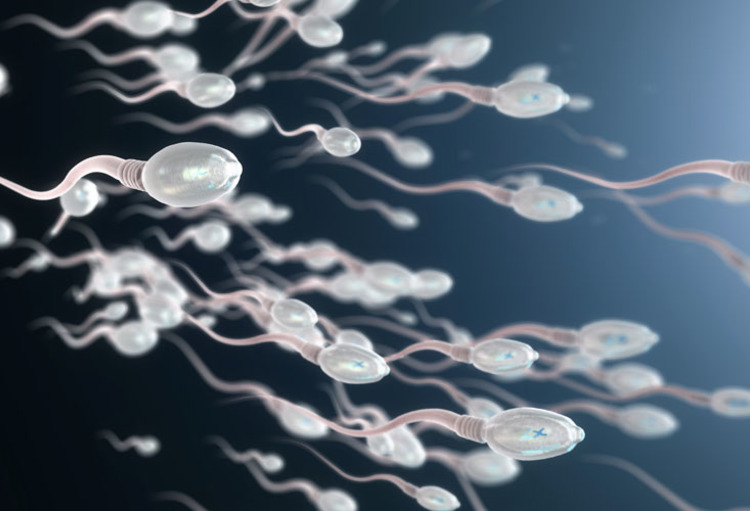
Sperm for science used in fertilization: already 16 contacts
Last week, we learned that a fertility doctor in Brussels used sperm from one of his students — apparently collected as part of research — to father at least two children. Since then, the non-profit organization Donorkinderen says it has been contacted 16 times, mainly by former VUB students. The organization hopes to be able to quickly discuss this issue with the university and UZ University in Brussels, where Doctor RS also works.
The case came to light when 45-year-old Limberger set out to find his biological lineage after learning that his parents used a sperm donor. Using an international DNA database, he was eventually able to contact his half-brother and biological father, who knew nothing about IVF at the time.
The mystery was solved when Limberger told his father the name of the doctor who had helped his mother conceive: The scientist had been receiving, as part of a study on male fertility conducted in the 1970s, four times a month between 1974 and 1979 – sperm samples from the man who would become a father without his knowledge. The latter never allowed his sperm to be used for purposes other than research, according to the non-profit. The latter fears that this case is not unique, and therefore launched a call for testimonies from the doctor's former students or patients. He is now deceased.
In one week, 16 people applied. Among them, five men claimed to have donated sperm after an invitation to participate in a scientific study. “The periods of these donations range from 1975 to 1986, and they were also given to the private practice of Dr. RS CHU Saint-Pierre in Brussels,” the nonprofit's president, Steve Raemaekers, said Thursday.
Donorkinderen was also contacted by a woman who had donated eggs to a friend in AZ Jan Portaels in 2000, and was concerned about what the RS doctor might do with the “surplus”. People who have given birth as a result of sperm donation also contact Donorkinderen.
The latter called on the VUB and UZ Brussel unions to sit around the table to address the problem. “Of course, we hope that this scandal will concern as few people as possible, but we must be prepared for other issues to be exposed,” concludes Steve Raemaekers.
Access to all features is reserved for healthcare professionals.
If you are a healthcare professional, you must log in or register for free on our site to access all of our content.
If you are a journalist or if you would like to let us know, write to us at [email protected].

“Organizer. Social media geek. General communicator. Bacon scholar. Proud pop culture trailblazer.”
